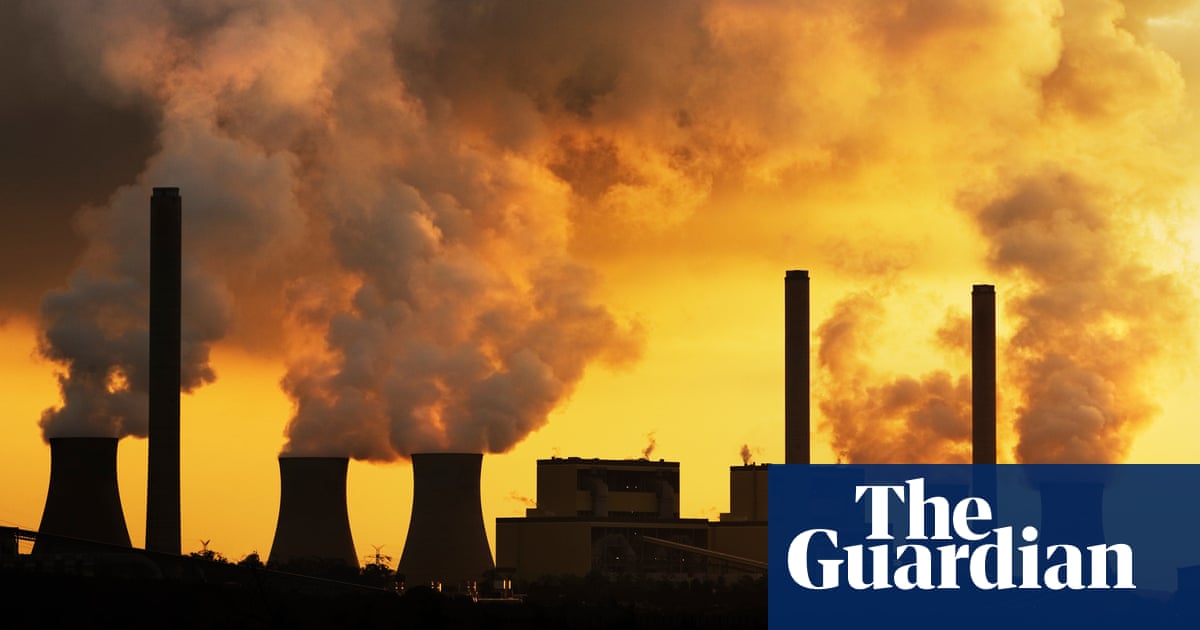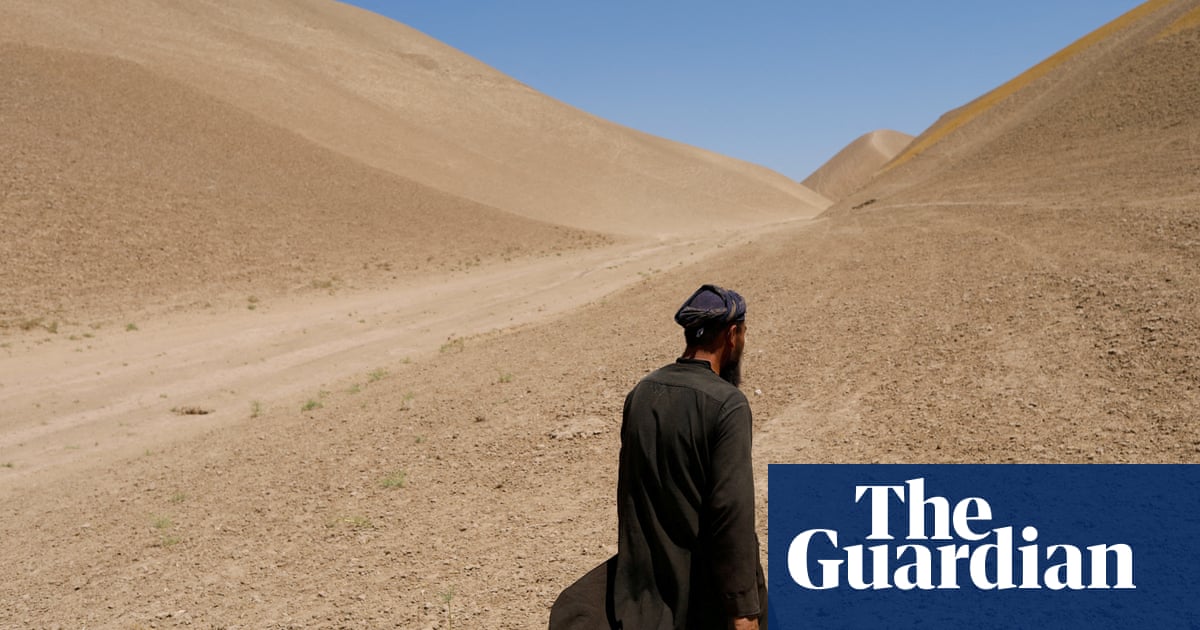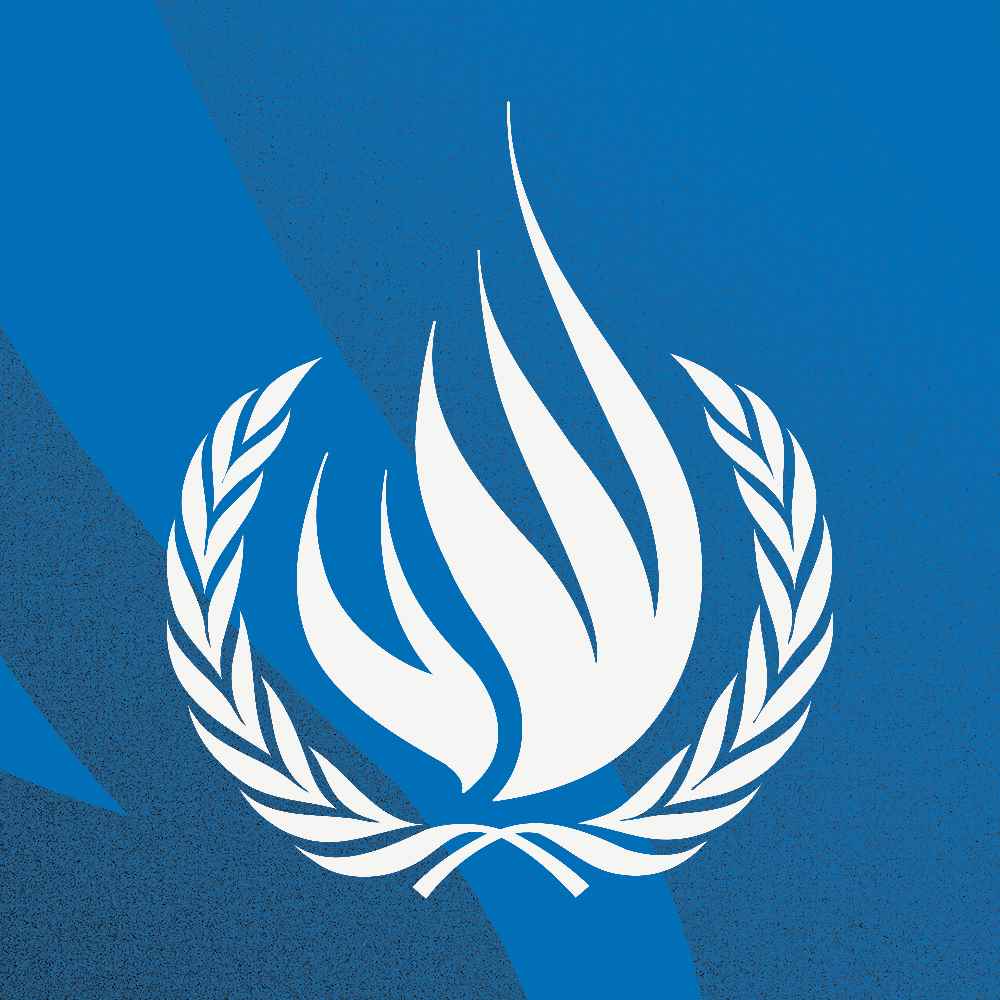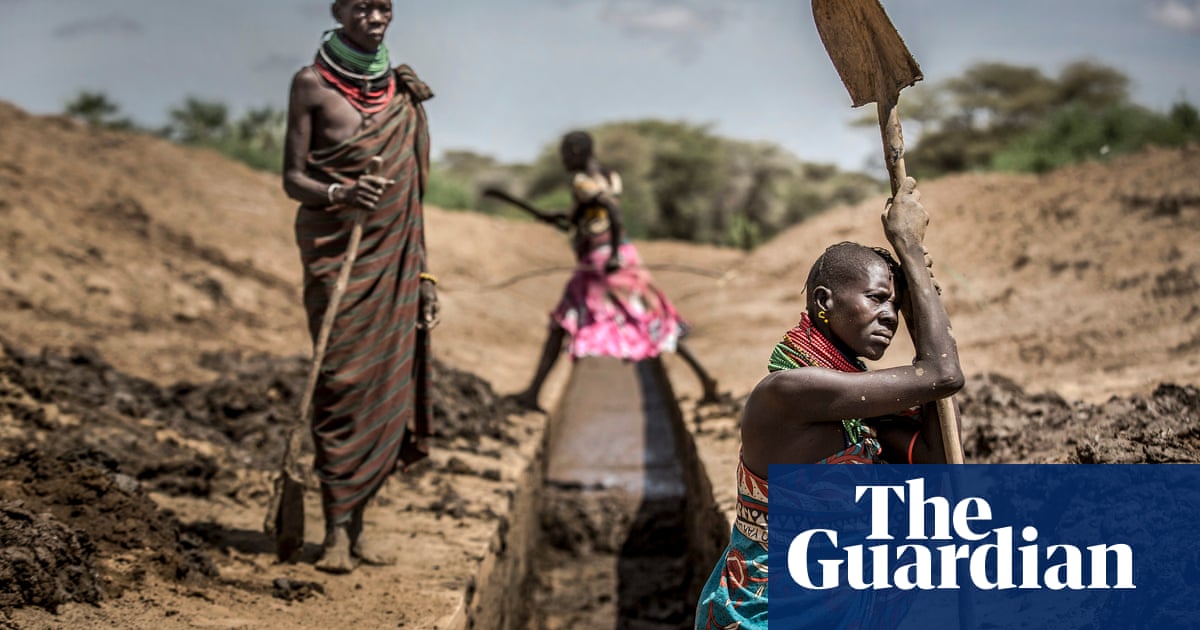
Politicians who delay climate action should be prepared to live with the human fallout of their choices, the World Health Organization’s top environment expert has warned.
“Anytime you postpone, OK, are you ready to cope with that?” said Maria Neira, the doctor in charge of environmental health at the WHO. “You have to live with that weight on your shoulders of the fact that you are at least not saving those lives – I don’t want to say killing – but at least not protecting the lives of those people.”
On Thursday, the World Meteorological Organization and dozens of research partners including the WHO issued a stark warning that climate change threatens to roll back decades of progress in human health.
Speaking to the Guardian on the sidelines of the world health summit in Berlin last month, Neira said doctors would make policymakers understand the damage done by burning fossil fuels at the upcoming Cop28 climate conference, which will devote a day to health for the first time in its history.
“Nobody will be able to say ‘I didn’t know’,” said Neira. “No one will leave Cop this year saying ‘Oh, I didn’t know health was affected’. We will make sure that this will not be the case. Everyone needs to know this is not just about climate, polar bears and glaciers. This is about my lungs and your lungs.”
Coal, oil and gas release toxic particles when burned that kill millions of people each year. Some of the emissions also heat the planet, making extreme weather more violent and increasing the chances of harvests failing and some diseases spreading.
“Whether they like it or not – whether they know it or not – the negotiators at Cop are negotiating with our health,” said Neira.
Doctors have started to shout louder about the damage that weak climate policies do to human health as scientific and medical evidence has mounted. Last year, the WHO director general, Tedros Adhanom Ghebreyesus, said subsidising and burning fossil fuels was “an act of self-sabotage”.
Echoing his words, Neira said there was no longer any way for public health experts to escape debates around energy. The WHO has recognised its importance to health, she added.
“First, we said don’t give subsidies to something that is killing you,” she said. “Then we said we need to phase out fossil fuels in the name of health.”
The WHO estimates that environmental risk factors make up 25% of the global burden of disease. Strong climate action would also save millions of lives that are lost to other risk factors.
“If you stop burning fossil fuels, one of the most immediate benefits will be the contribution to reduce the 7 million deaths that are occurring due to exposure to air pollution,” said Neira.
On top of that, she said, a shift to more sustainable and healthy diets could save up to 5 million lives a year, while cleaning up the transport sector would save millions more through less sedentary lifestyles and exposure to air pollution.
“We should create for every single mayor in the world, and every single prime minister, a health checklist where we make them accountable for all the decisions the ministers on their cabinet take in terms of health,” said Neira. “And we can do the same for negotiators at Cop.”
Activists have called on policymakers to treat fossil fuels like a public health issue, comparing the climate crisis to smoking cigarettes. Tobacco companies, like oil and gas companies, knew for decades that burning their products was a danger to society but continued to sow doubt in public and fund research to downplay the effects.
Neira, a doctor from northern Spain, has led the WHO’s environmental health team since 2005. She has previously served as a vice-minister for health in Spain, advised the health ministry of Mozambique, and worked with Médecins sans Frontières in refugee camps in Salvador and Honduras during armed conflicts.
At Cop28, she said, the WHO will take a “no-excuses” approach to communicating the problem and call for “no-regrets” investments in areas such as hospitals and clean water.
“The sense of frustration is huge. But at the same time when you work in public health you cannot afford to be frustrated, – no way – because then they are going to win. I am pathologically optimistic and I will keep shouting until my voice disappears.”












